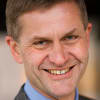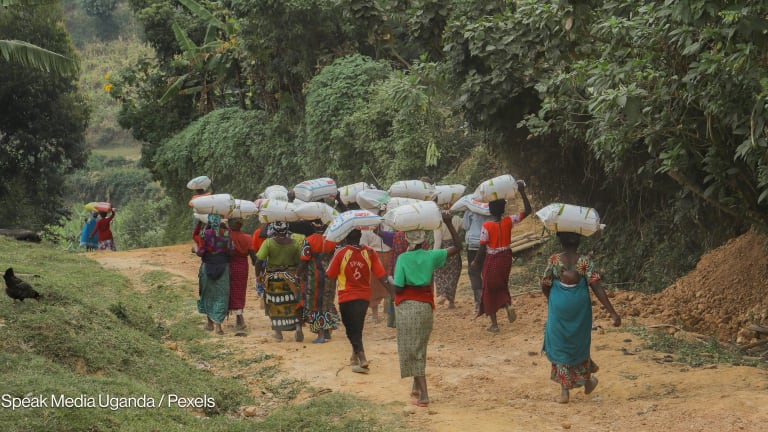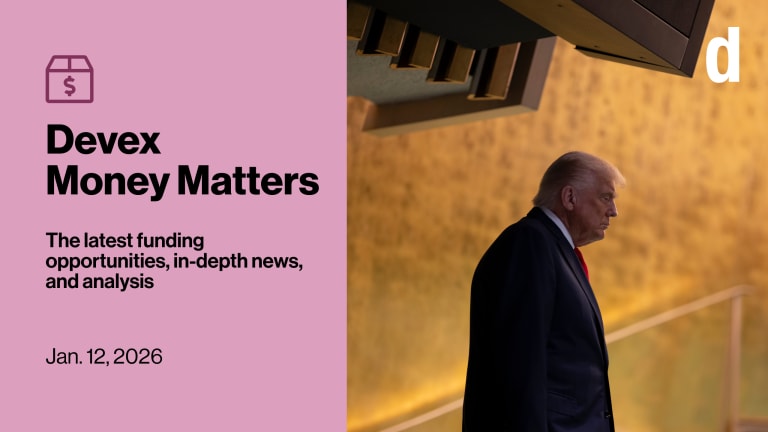
The United Arab Emirates have decided to participate in the Development Assistance Committee of the Organization for Economic Cooperation and Development, a grouping of the world’s main providers of official development assistance, after becoming last year the most generous provider of foreign aid in the world last year by spending 1.25 percent of their gross national income on ODA.
Development assistance has been a huge success. Aid has contributed to the enormous progress we have seen over the past decades. Extreme poverty has been halved since the 1990s and China alone has brought 600 million people out of poverty in a few decades. As the Millennium Development Goals expire, there will be new sustainable development goals on health, education, inequality and the environment. When world leaders meet in New York in 2015, they will likely agree on a goal of complete eradication of extreme poverty by 2030.
Eradicating poverty and reducing inequalities while protecting the climate and our environment will require billions of dollars. In 2013, a record high amount of $134.5 billion was provided for ODA. That’s great — but getting people out of poverty and growing economies in an environmentally and socially sustainable way will require a lot more money.
The main bulk of foreign aid, around 90 percent, is still provided by traditional donors. However, the world is changing, and it’s changing fast. China, Brazil, Mexico and a growing number of middle-income countries are important providers as well as recipients of ODA. Turkey had the largest increase of development spending at 30% and now provides more aid than the OECD average.
The United Arab Emirates is not only the most generous provider of aid, but saw the greatest increase in the world last year — at 375 percent!
Private provision of development finance is increasingly important. The $3.4 billion invested last year by the Bill & Melinda Gates Foundation is more than the ODA budgets of many large European countries. Furthermore, there are many additional sources of funding such as loans, guarantees, remittances and private investments that are good for development.
Development assistance providers should coordinate their efforts to better reflect this new and exciting world.
More information on development spending allows providers and recipients alike to make more informed decisions on aid allocations. We can all learn from the success of others.
Think, for instance, about the fact that Vietnam spends much less but produces better education results for their 15-year-olds than most other OECD countries. Mexico and Brazil also have much to teach others about their own successful development experiences, and Turkey has by far the strongest presence on the ground in Somalia and their generosity towards Syrian refugees is an inspiration to all. China now has global reach as a development partner and Arab donors are ramping up their development spending. Recently, China announced the construction of a railroad in East Africa linking Kenya with Uganda, Rwanda and South Sudan as well as a railroad along the coast of Nigeria in the west. There is no reason why Chinese infrastructure investments in Africa should not be complementary to OECD country contributions. Better coordination and closer cooperation will only increase aid effectiveness.
The global development finance landscape is changing. External sources for development used to come largely as aid from governments. Now most developing countries have access to a much wider range of financial flows. Foreign direct investment is increasing, and so are personal remittances. Many developing countries are issuing bonds, and numerous innovative financing mechanisms are operational or under consideration. DAC’s work on external financing for development aims to modernise development finance statistics and increase the flow of resources.
The most important thing is to help mobilize the resources required to eradicate poverty and develop countries in an environmentally and socially sustainable way. This can only be done by working together. The initiative by the UAE to take part in DAC is much welcome and will improve global development cooperation.
Join the Devex community and access more in-depth analysis, breaking news and business advice — and a host of other services — on international development, humanitarian aid and global health.








